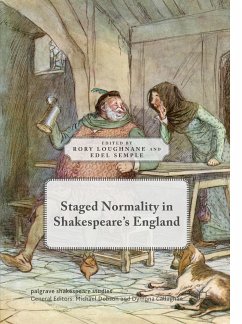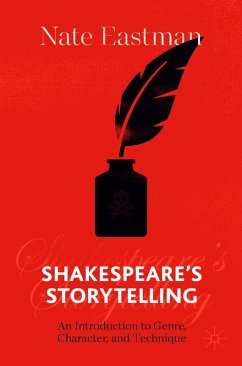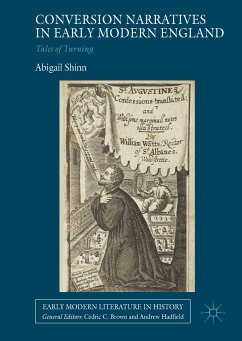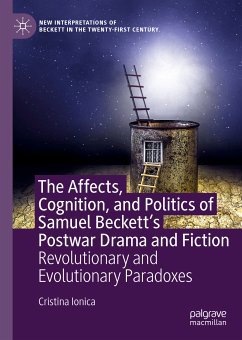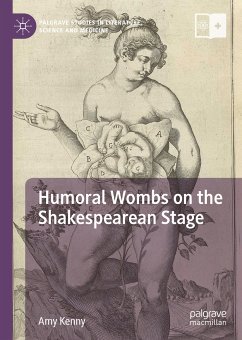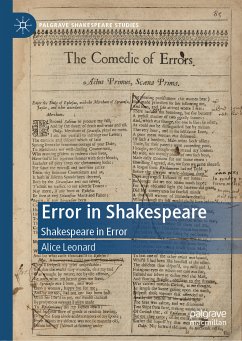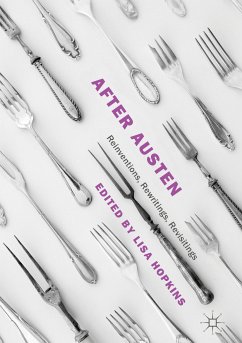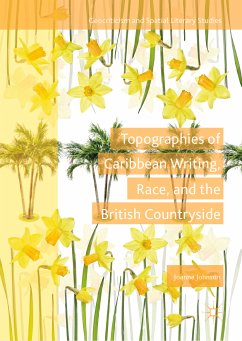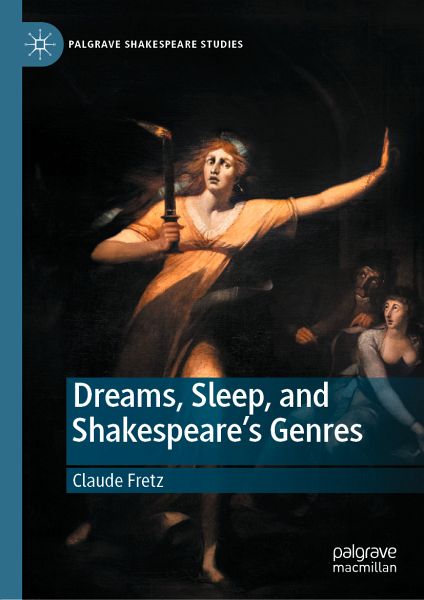
Dreams, Sleep, and Shakespeare's Genres (eBook, PDF)
Versandkostenfrei!
Sofort per Download lieferbar
68,95 €
inkl. MwSt.
Weitere Ausgaben:

PAYBACK Punkte
34 °P sammeln!
This book explores how Shakespeare uses images of dreams and sleep to define his dramatic worlds. Surveying Shakespeare's comedies, tragedies, histories, and late plays, it argues that Shakespeare systematically exploits early modern physiological, religious, and political understandings of dreams and sleep in order to reshape conventions of dramatic genre, and to experiment with dream-inspired plots. The book discusses the significance of dreams and sleep in early modern culture, and explores the dramatic opportunities that this offered to Shakespeare and his contemporaries. It also offers ne...
This book explores how Shakespeare uses images of dreams and sleep to define his dramatic worlds. Surveying Shakespeare's comedies, tragedies, histories, and late plays, it argues that Shakespeare systematically exploits early modern physiological, religious, and political understandings of dreams and sleep in order to reshape conventions of dramatic genre, and to experiment with dream-inspired plots. The book discusses the significance of dreams and sleep in early modern culture, and explores the dramatic opportunities that this offered to Shakespeare and his contemporaries. It also offers new insights into how Shakespeare adapted earlier literary models of dreams and sleep - including those found in classical drama, in medieval dream visions, and in native English dramatic traditions. The book appeals to academics, students, teachers, and practitioners in the fields of literature, drama, and cultural history, as well as to general readers interested in Shakespeare's works and their cultural context.
Dieser Download kann aus rechtlichen Gründen nur mit Rechnungsadresse in A, B, BG, CY, CZ, D, DK, EW, E, FIN, F, GR, HR, H, IRL, I, LT, L, LR, M, NL, PL, P, R, S, SLO, SK ausgeliefert werden.




